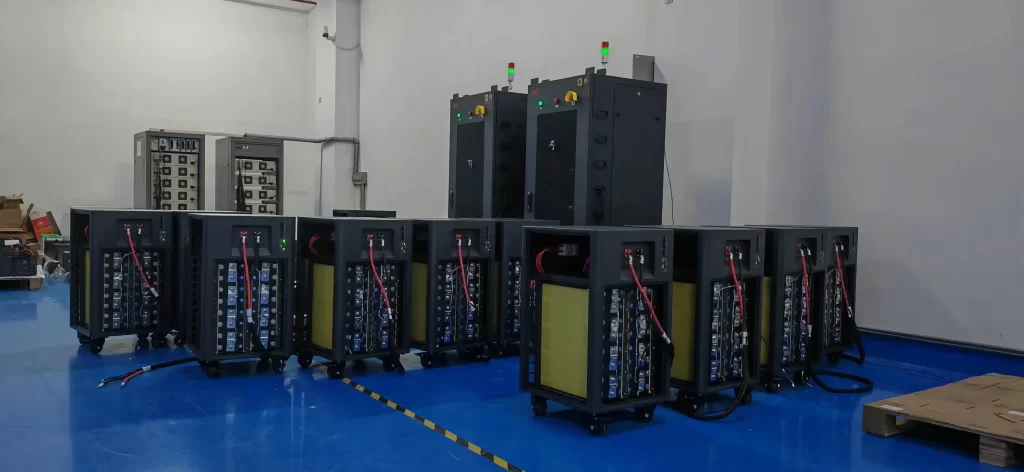
In the digital age, data centers are the backbone of virtually every industry. They house the critical infrastructure that powers everything from cloud computing to online transactions. Among the many components that ensure the smooth operation of these facilities, server rack batteries play a pivotal role. This article explores the importance, types, and future trends related to server rack batteries in modern data centers.
The Importance of Server Rack Batteries
Server rack batteries are essential for maintaining uninterrupted power supply (UPS) to servers and other critical equipment within data centers. Power outages, even brief ones, can lead to data loss, hardware damage, and significant financial losses. Server rack batteries provide a reliable backup power source, ensuring that systems remain operational during power interruptions until generators or other long-term solutions can take over.
Types of Server Rack Batteries
- Lead-Acid Batteries:
- Valve-Regulated Lead-Acid (VRLA): These are the most common type of batteries used in data centers due to their cost-effectiveness and reliability. They are sealed, require minimal maintenance, and have a relatively long lifespan.
- Flooded Lead-Acid: Although less common in modern data centers, these batteries are known for their durability and ability to handle high discharge rates. However, they require regular maintenance and monitoring.
- Lithium-Ion Batteries:
- Lithium Iron Phosphate (LiFePO4): Known for their safety, long cycle life, and thermal stability, LiFePO4 batteries are becoming increasingly popular in data centers. They offer higher energy density compared to lead-acid batteries, reducing the physical footprint required.
- Nickel Manganese Cobalt (NMC): These batteries provide a good balance between energy density, safety, and cost. They are often used in applications where space is at a premium.
- Nickel-Cadmium (NiCd) Batteries:
- Though not as widely used today, NiCd batteries are known for their robustness and ability to perform well in extreme temperatures. They have a longer shelf life but come with environmental concerns due to cadmium’s toxicity.
Advantages of Modern Server Rack Batteries
- Reliability: Modern server rack batteries are designed to provide consistent performance, ensuring that data centers can maintain uptime even during unexpected power disruptions.
- Scalability: As data center demands grow, modern battery systems can be easily scaled to accommodate increased power requirements.
- Efficiency: Advanced battery technologies offer higher efficiency, reducing energy waste and lowering operational costs.
- Safety: Innovations in battery technology have led to safer designs that minimize risks such as overheating, leaks, and fire hazards.
Future Trends in Server Rack Batteries
- Integration with Renewable Energy: As data centers move towards sustainability, integrating server rack batteries with renewable energy sources like solar and wind is becoming more common. This not only reduces carbon footprints but also enhances energy security.
- Advanced Monitoring Systems: Future server rack batteries will likely incorporate sophisticated monitoring and management systems using AI and IoT technologies. These systems will provide real-time data on battery health, performance, and predictive maintenance needs.
- Solid-State Batteries: Emerging solid-state battery technology promises higher energy densities, faster charging times, and improved safety. While still in the developmental stage, these batteries could revolutionize data center power management in the coming years.
Server rack batteries are a critical component in ensuring the reliability and efficiency of modern data centers. With advancements in battery technology and growing emphasis on sustainability, the role of these batteries is set to become even more significant. By understanding the different types of batteries available and staying abreast of future trends, data center operators can make informed decisions that enhance performance and resilience.





